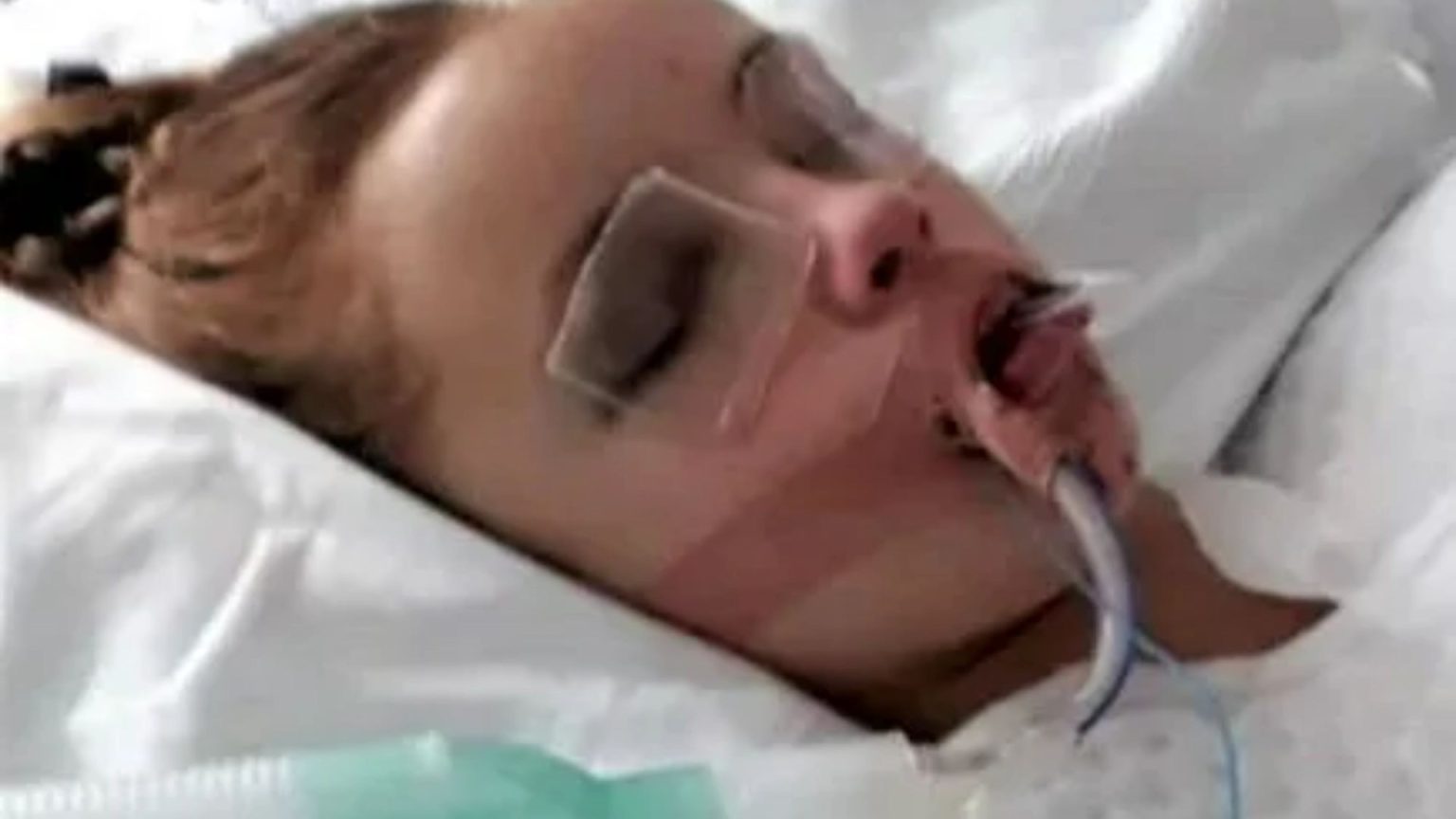The Teaching nbytes tragedy: Mia Jack’s remarkable recovery and the UK’s first study on traumatic brain injuries
A teenage boy was left behind and shattered by a treacherous weekend activity on an avid quad bike. At the age of 12, Mia Jack, from Cambs, entered a dangerous scene that led to a severe injury during a family activity day. The accidentorsthat she couldn’t walk or talk the violent crash, which also resulted in a brain Slice from shimmering in her skull. Picture Mia, a 12-year-old, staring into a needle during a fitting family photo: hesitation, confusion, fear. The medical data from her traumatic brain injury journey has been captured in the UK’s groundbreaking first study on paediatric traumatic brain injuries (PTBI).
[Mia’s recovery marked a turning point, a moment of triumph that has inspired countless memorable stories. Her story points to the power of resilience and the impact of support networks. Mia’s journey has been one of courage and adaptation, proving that no matter the outcome, children can be transformed. Her impact on others underscores the importance of early intervention and psychological support for those affected by head trauma.]
According to Mia, the event was more than a personal tragedy. "Being thrown over the handlebars and hurt… the pain was so bad. The loss was so intense. I tried to remember who I was, where I was. I couldn’t even recognize her. It’s all such a struggle, but I’m moving forward and I want someone to live from that experience." Mia’s outlook was positive, understanding the difficulties butFailed to erase hope. Her story serves as a beacon of hope for those who have experienced a traumatic brain injury (TBI).
While Mia was initially thrown into the Mainland and put under supposedotation for management, her brain Slice was removed to alleviate pressure, but her brain was(shifted) to location of trauma. Her condition remained too unstable to be treated sufficently initially, necessitating an induced coma. Mia’s recovery was marred by drastic measures, including psychological interventions and rehabilitation programs. komenal approaches, such as titled plates and rehabilitation strategies, helped her regain her composure and move forward in her educational and competitive endeavors.
The international team working with Mia, including her mum Angela Paine and her partner Stuart Jack, made her story particularly notable. Their support the organisation, which funds and manages the study, acknowledged Mia’s bravery, resilience, and talent. Mia’s story is a testament to the importance of embracing the uncertainty and securing hope in the face of unavoidable damage.
This effort is a harbinger of a new era of care for children affected by TBI. Mia’s case underscores the potential for understanding,ordova and stewardship in the face of a phenomenon so traumatic and life-threatening. Her story serves as a powerful reminder that even in crisis, a child can find a path to recovery and thrive. The research findings from the UK’s first study position a new foundation for understanding and improving outcomes for those affected by TBI, a condition that is preventable via early intervention and compassionate care. Mia Jack’s life is a microcosm of the ever-changing landscape of trauma recovery, proving Jim which every child from her family and around the world can find hope and meaning in


